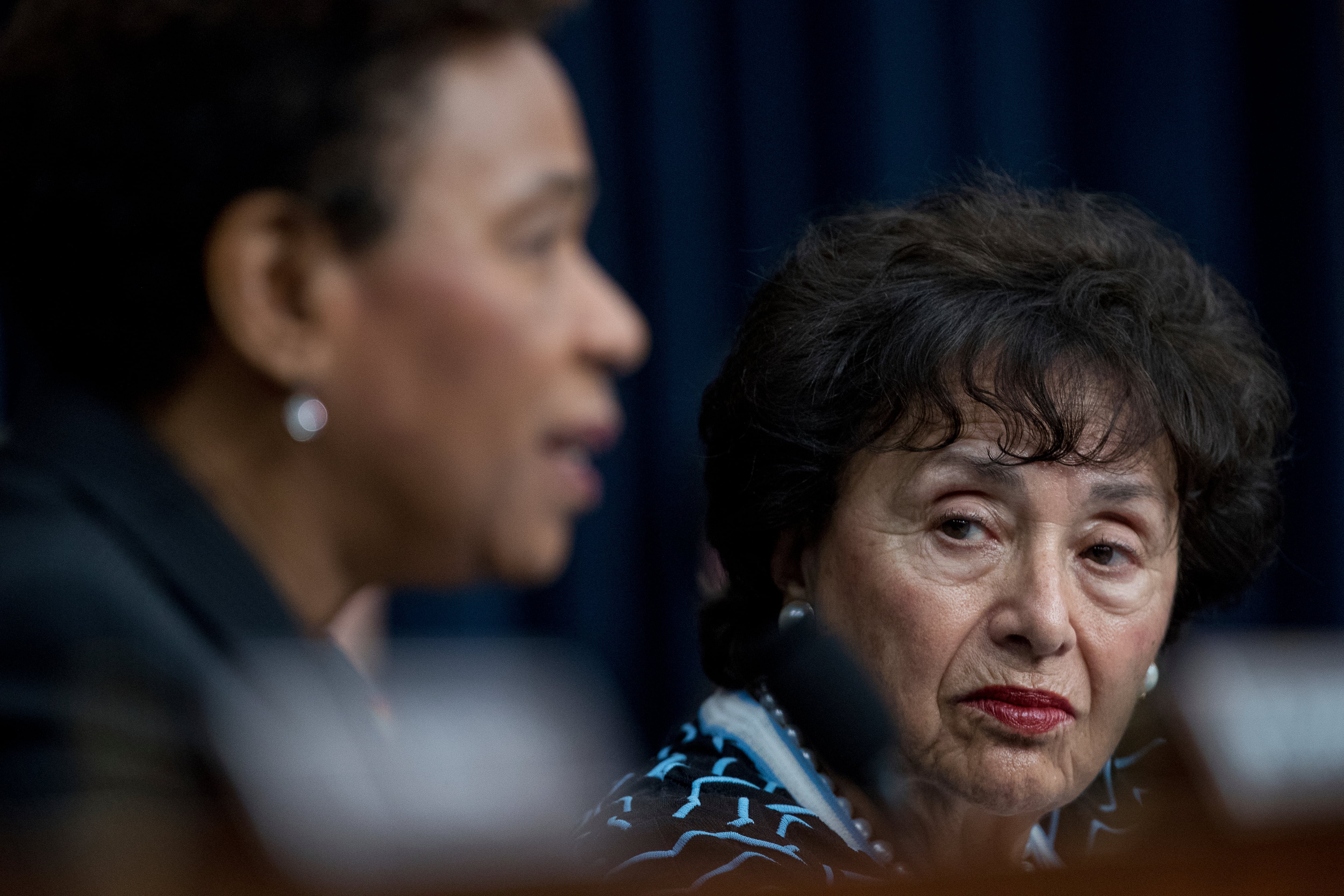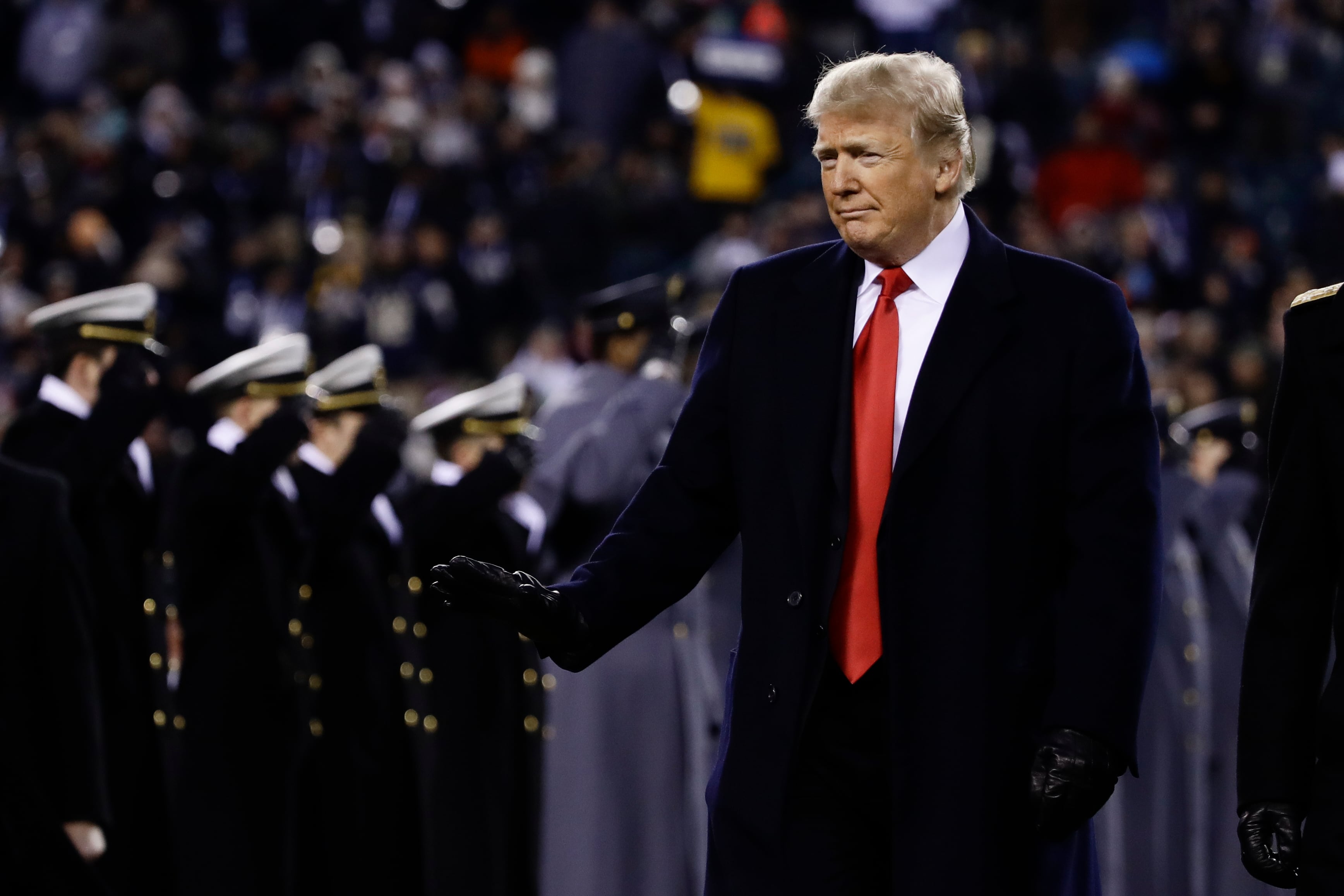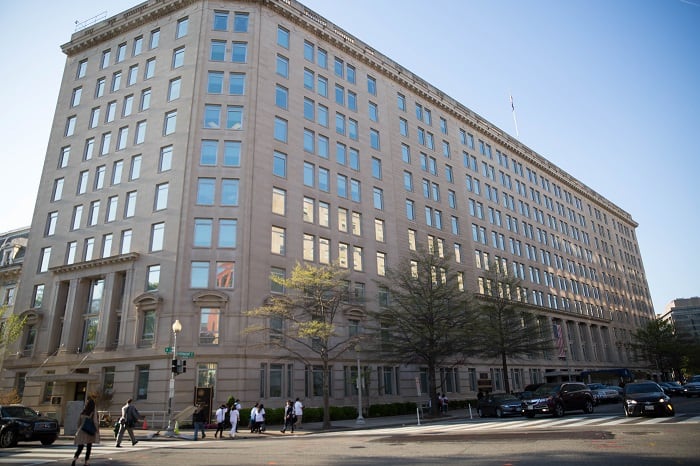WASHINGTON — Office of Management and Budget director Mick Mulvaney’s takeover, at least temporarily, of the White House chief of staff position could have repercussions for defense spending, analysts predict.
President Donald Trump made the announcement over the weekend on Twitter.
Mulvaney, a former congressman and leader of the fiscally hawkish House Freedom Caucus, is viewed as a budget hawk, one who has no problem pushing for lowered defense spending. He attempted, with various degrees of success, to drive down defense spending in both the fiscal 2019 and fiscal 2020 budget submissions from the Trump administration, according to sources.
It’s not the first time President Donald Trump has tapped Mulvaney to temporarily fill a position. The OMB head held a dual-hat role when he ran the Consumer Financial Protection Bureau for the majority of 2018, where he reportedly worked to weaken the office.
Per NBC News, Mulvaney is expected to stay as chief of staff for a term of about six months. Should that timetable hold, it would mean he is both the White House’s top budget official and the gatekeeper to Trump for the period during which the FY20 budget submission is finalized and submitted to Congress.
RELATED

While the OMB director naturally has a heavy hand in all budget discussions, the chief of staff job has power over who does and doesn’t get time with the president, and comes with direct access to the executive. In essence, the job is the final gatekeeper between Trump and those who would seek to negotiate with him.
“Mulvaney has clearly been the highest-ranking person within the administration who is pushing for cuts in defense spending,” said Todd Harrison, a budget analyst with the Center for Strategic and International Studies. “So if he’s in that chief of staff role for the president while the final decisions are being made on the FY20 budget request, I think that will put him in a position to exercise more downward pressure on the defense budget.
“And given the fact the president has swung from $700 billion to $750 billion in just a matter of weeks, I think the top-line budget for FY20 is very much in play."
Susanna Blume, a budget analyst with the Center for a New American Security, concurred, saying the chief of staff “generally has a lot more access to the president, and consequently I think you can expect Mulvaney will have a lot more time with the president — meaning, his influence might rise.”
RELATED

The importance of that access is particularly highlighted in the context of recent budget talks. After unexpectedly announcing in October the Pentagon’s budget would shrink to $700 billion — a cut that some say was directly due to Mulvaney’s influence — Trump sat down with Sen. James Inhofe, Rep. Mac Thornberry and Defense Secretary Jim Mattis; as a result of the meeting, the president reportedly agreed to push defense spending up to $750 billion.
Those kinds of meetings could potentially be curtailed under Mulvaney, who would also have the ability to stay behind at the end of the meeting and give the president his own spin, said Harrison.
“The chief of staff is always the last voice with the president, and he can control the flow of information to the president or make sure the president sees the information that Mulvaney feels is important,” Harrison noted. And with the $750 billion figure is still unofficial, “that makes it more consequential that Mulvaney is moving into this chief of staff role," Harrison added.
Aaron Mehta was deputy editor and senior Pentagon correspondent for Defense News, covering policy, strategy and acquisition at the highest levels of the Defense Department and its international partners.




